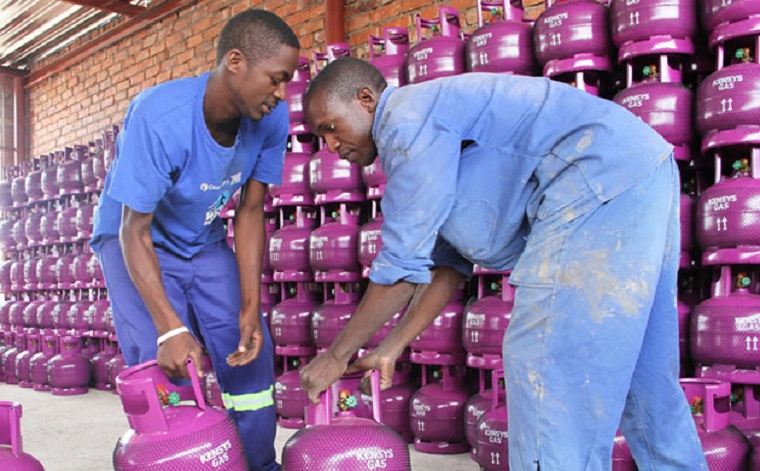Zimbabwe’s consumption of Liquefied Petroleum Gas (LPG) is expected to rise by 20 percent on an annualized basis as the country turns to the fuel to avoid huge electricity bills, the energy regulator has said.
LPG imports have grown to over 2.5 million kilogrammes per month from around 1.5 million in January 2016 while usage has grown by over 400 percent between 2012 and 2016.
Zimbabwe endured years of rolling power cuts for months on end, forcing industry and households to switch to LPG.
In 2013, the power utility, ZESA, introduced pre-paid meters, further forcing an adjustment in power consumption habits.
Zimbabwe electricity costs 9.63c/kWh , while LPG costs between $1.50 and $1.70 per kilogramme.
“Our outlook is very bright because from 2012 to 2016 we have seen a 400 percent increase in the use of LPG,” said Zimbabwe Energy Regulatory Authority (ZERA) engineer of petroleum and infrastructure, Andrew Guri.
LPG consumption in Zimbabwe has increased from 5 million kgs per annum in 2012 to 25 million in 2016, he added.
However, Guri said Zimbabwe is still lagging behind in terms of using alternative sources of energy.
“The per capita use of LPG is still averaging around 2 kg per person per year, that is very low compared to other (developing) countries where it is in excess of 10kg per person per year,“ Guri said.
“We expect not less than 20 percent annual increase for the foreseeable future, as we will see more and more people reverting to LPG,” he added.
Michael Kelly, the deputy managing director of the Paris-based World Liquefied Petroleum Gas Association (WLPGA) who was in Zimbabwe said the country’s trajectory in terms of LPG usage can be likened to Brazil, which had almost the same market size 40 years ago, but has grown up to a point where 95 percent of the population uses LPG gas.
“Zimbabwe has particular challenges like any other country and you have to find solutions that suit Zimbabwe, but l feel very strongly that there is a lot of potential for substantial growth in this market (LPG gas) and l would be surprised if l don’t see that growth happening in the next 5 years,” said Kelly.
Kelly applauded the regulatory environment and said the industry has already organised itself in a professional manner, which drives growth in this space.
According to ZERA statistics, in 2016, there were 16 licensed wholesalers in Zimbabwe importing LPG and close to 60 registered retailers operating in the country. –The Source
(180 VIEWS)
